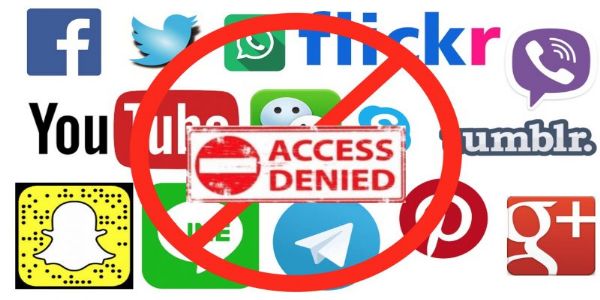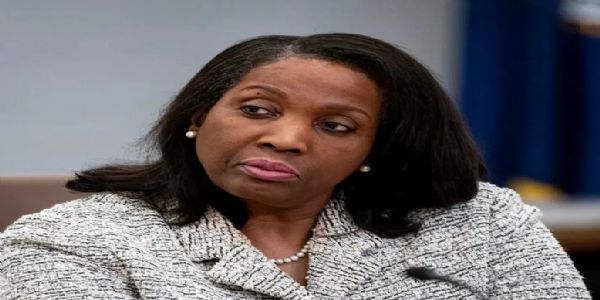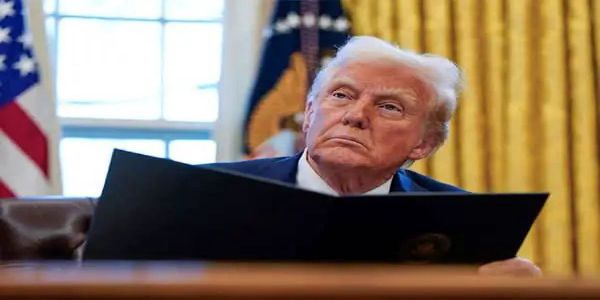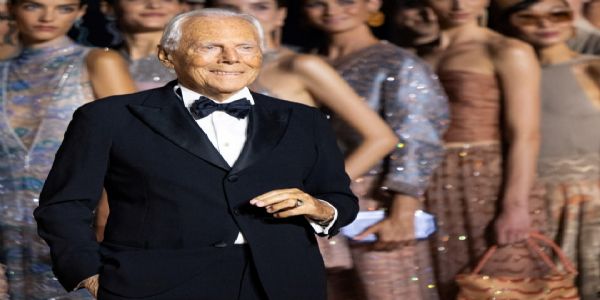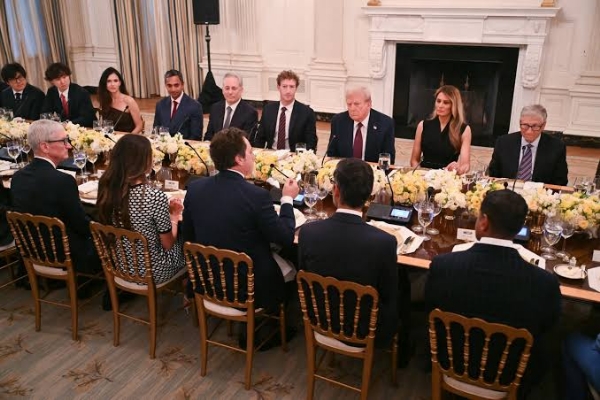
Washington, D.C.,September 5(HS): President Donald Trump welcomed a constellation of America’s top technology leaders to the White House on Thursday evening for a private dinner focused on the nation’s rapidly evolving approach to artificial intelligence.
Seated prominently at the State Dining Room table between First Lady Melania Trump and Meta CEO Mark Zuckerberg, the president engaged with executives who represent the forefront of global innovation. The guest list featured Apple’s Tim Cook, Microsoft cofounder Bill Gates, Microsoft CEO Satya Nadella, Google CEO Sundar Pichai, Oracle chief Safra Catz, OpenAI leaders Sam Altman and Greg Brockman, Palantir’s Shyam Sankar, Scale AI’s Alexandr Wang, and several others.
The dinner had initially been planned for the Rose Garden, where Trump installed new Mar-a-Lago–styled outdoor furnishings earlier this summer. But heavy rain forced the gathering indoors.
AI in the Spotlight
The event capped a day of discussions on artificial intelligence led by the First Lady, who chaired the inaugural session of the White House’s newly formed Artificial Intelligence Education Task Force. Addressing corporate executives, educators, and policymakers, Melania Trump underscored both the opportunities and ethical pitfalls of fast-advancing AI.
“As leaders and parents, we must manage AI’s growth responsibly,” she said, likening its development to nurturing children—with empowerment but vigilant oversight. She also reiterated her push for stronger laws against AI-generated deepfake exploitation, particularly targeting minors.
Google cofounder Sergey Brin, IBM chief Arvind Krishna, and Code.org president Cameron Wilson were among those who joined the earlier task force session before attending the dinner.
Musk’s Absence and Political Undercurrents
Noticeably missing was Elon Musk, once a close Trump ally who earlier this year split with the president following disputes over government appointments. Trump had revoked Musk associate Jared Isaacman’s nomination to lead NASA, a decision that reportedly soured relations. Isaacman, however, was included in the White House dinner invitation.
The absence of Tesla and SpaceX’s high-profile leader highlighted the shifting dynamics between Trump and Silicon Valley. While the president courts industry titans, populist voices in his party, such as Senator Josh Hawley, have sharpened criticism of Big Tech. At a conference Thursday morning, Hawley demanded federal inspections of “frontier AI systems” and singled out Meta and ChatGPT for tighter regulation.
Trump’s Ambiguous Embrace of AI
For his part, Trump has adopted a characteristically unconventional approach—both championing AI tools while deriding their potential misuse. His social media posts this week featured a prolific stream of AI-generated memes, including altered images of political rivals. At the same time, he dismissed an incriminating viral video, claiming it must have been fabricated by AI—despite his own aides initially confirming its authenticity.
The Road Ahead
Trump’s outreach to Silicon Valley’s elite reflects both the promise and tension surrounding America’s AI future. For the administration, the dinner illustrated a push to shape policy hand-in-hand with industry leaders. But with figures like Musk sidelined, and Republican lawmakers bitterly divided over how much regulation the sector requires, Washington’s relationship with tech remains as complex—and combustible—as ever.
---------------
Hindusthan Samachar / Jun Sarkar





